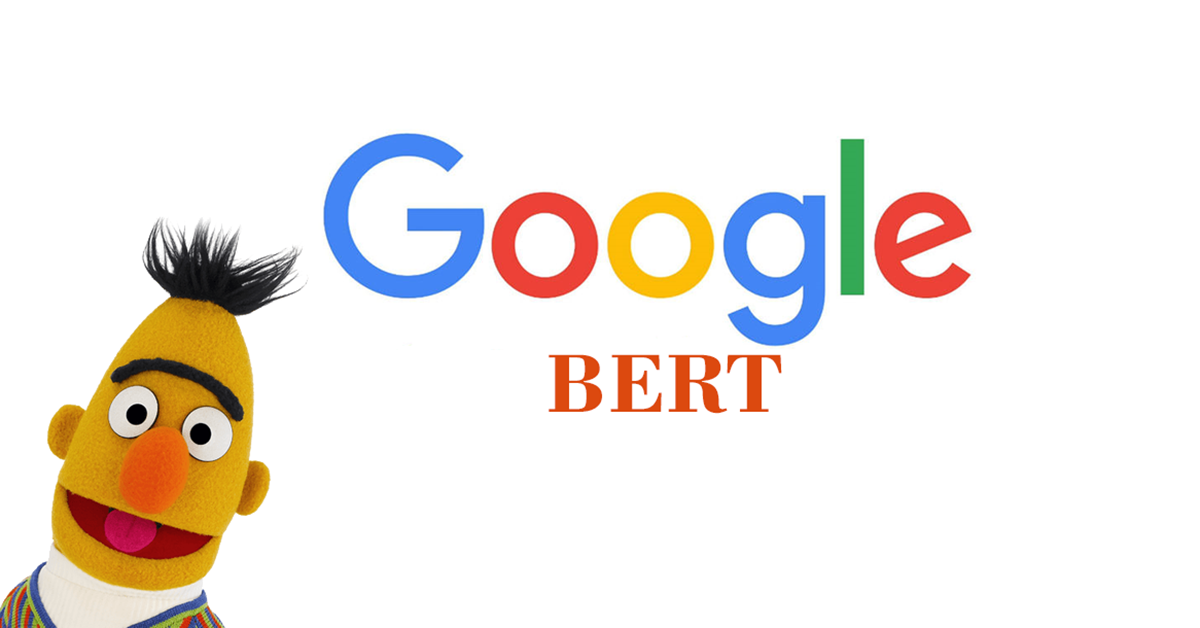Google BERT (Bidirectional Encoder Representations from Transformers) update is a significant advancement in the field of natural language processing (NLP). Released in October 2019, BERT has revolutionised the way search engines understand and interpret human language. This update aims to improve the accuracy of search results by enabling Google to better comprehend the context of words in a sentence.
How Does BERT Work?
BERT works by utilising a deep learning technique called transformers. Unlike traditional NLP models that process text in a sequential manner, transformers allow BERT to read text bidirectionally. This means that BERT considers the context of a word by looking at the words that come before and after it in a sentence. This bidirectional approach enables BERT to grasp the nuanced meanings of words and phrases, leading to more accurate search results.
For instance, in the query “2024 Brazil traveller to USA need a visa,” BERT can understand that the query is about a Brazilian travelling to the USA and whether they need a visa. Previous models might have missed this context, leading to less relevant search results.
Why Was BERT Developed?
BERT was developed to address the limitations of existing NLP models. Before BERT, search engines struggled with understanding the context and intent behind complex queries. This often led to irrelevant search results, frustrating users. BERT’s bidirectional approach allows it to understand the context more effectively, providing users with more accurate and relevant search results.
Google’s mission is to organise the world’s information and make it universally accessible and useful. The BERT update is a step forward in achieving this mission by improving the search experience for users. By understanding natural language more effectively, BERT helps Google deliver search results that are more aligned with the user’s intent.
Read Also: What Lessons Can We Learn from The Vampire Diaries?
What Impact Does BERT Have on SEO?
BERT has a profound impact on search engine optimization (SEO). Since BERT improves Google’s ability to understand natural language, it affects how websites are ranked in search results. Content that is well-written and contextually relevant is more likely to perform better in search rankings. This means that SEO strategies need to focus more on creating high-quality, user-centric content.
Keywords are still important, but the emphasis has shifted towards understanding the intent behind search queries. Content creators need to consider how their audience searches for information and create content that addresses those needs comprehensively. By doing so, they can improve their chances of ranking higher in search results.
How Can Content Creators Optimise for BERT?
To optimise for BERT, content creators should focus on producing high-quality, informative, and contextually relevant content. Here are some tips:
- Understand User Intent: Research and understand what users are looking for when they enter specific queries. Create content that directly addresses these queries.
- Write Naturally: Avoid keyword stuffing and write in a natural, conversational tone. BERT is designed to understand natural language, so writing in a clear and straightforward manner can help.
- Provide Comprehensive Answers: Ensure that your content provides thorough answers to users’ questions. The more informative and detailed your content, the better it will perform in search results.
- Use Structured Data: Implementing structured data can help search engines better understand the content of your page. This can improve your chances of appearing in rich snippets and other enhanced search features.
Read Also: How Can You Accurately Test Your Internet Speed at Home?
What Are Some Examples of BERT in Action?
BERT’s impact can be seen in various examples of improved search results. Here are a few:
- Complex Queries: For complex queries, BERT helps Google understand the context better. For instance, in the query “can you get medicine for someone at a pharmacy,” BERT understands that the user is asking whether they can pick up medicine for someone else at a pharmacy.
- Conversational Queries: BERT excels in understanding conversational queries. For example, “maths practice books for adults” would yield more accurate results as BERT understands the user is looking for maths practice books specifically for adults, not children.
- Contextual Understanding: In the query “how to catch a cow fishing,” BERT recognizes that the user is likely referring to a species of fish called a cowfish rather than the literal interpretation of catching a cow.
What Are the Challenges of BERT?
While BERT represents a significant advancement, it also presents some challenges. One challenge is the computational resources required to run BERT. Its bidirectional approach and deep learning techniques require significant processing power, making it resource-intensive.
Another challenge is ensuring that content remains accessible and readable for users while also being optimised for search engines. Striking this balance is crucial for content creators aiming to improve their search rankings.
How Does BERT Affect Multilingual Search?
BERT also improves multilingual search capabilities. It helps Google understand queries in different languages more effectively, leading to better search results for non-English queries. This is particularly important for a global search engine like Google, which serves users from diverse linguistic backgrounds.
By enhancing its understanding of different languages, BERT allows Google to provide more accurate and relevant search results, regardless of the language of the query. This improvement helps bridge the gap between users and the information they seek, making the internet more accessible to a global audience.
What Is the Future of BERT?
The future of BERT and similar NLP advancements holds great promise. As technology continues to evolve, we can expect further improvements in how search engines understand and process natural language. This will lead to even more accurate and relevant search results, enhancing the user experience.
Additionally, advancements in NLP will likely extend beyond search engines. They could improve various applications, such as virtual assistants, language translation, and more. The potential for NLP to revolutionise how we interact with technology is immense, and BERT is just the beginning.
Why Should You Care About BERT?
Understanding BERT is essential for anyone involved in SEO, content creation, or digital marketing. By recognizing the importance of natural language understanding, you can create content that better aligns with user intent and performs well in search rankings.
BERT underscores the need for high-quality, user-focused content. By prioritising the needs of your audience and producing informative, engaging content, you can improve your visibility in search results and provide a better experience for your users.
How Can You Stay Updated with BERT?
Staying updated with BERT and other SEO developments requires continuous learning and adaptation. Here are some ways to stay informed:
- Follow SEO Blogs: Subscribe to reputable SEO blogs and websites to keep up with the latest updates and best practices.
- Attend Webinars and Conferences: Participate in SEO webinars and conferences to learn from industry experts and network with other professionals.
- Engage in Online Communities: Join online forums and communities where SEO professionals share insights and discuss trends.
- Experiment and Analyze: Continuously test and analyse your content to see how it performs in search rankings. Use this data to refine your SEO strategies.
By staying informed and adaptable, you can leverage BERT and other advancements to enhance your digital presence and achieve your SEO goals.
In conclusion, Google’s BERT update is a game-changer in the world of search engine optimization. By understanding natural language more effectively, Google BERT enables Google BERT to provide more accurate and relevant search results. For content creators and SEO professionals, this means focusing on high-quality, user-centric content that addresses the intent behind search queries. By doing so, you can improve your chances of ranking higher in search results and providing a better experience for your audience.













